Copyright 2020 by Dr. Josh Turknett
All rights reserved.
No part of this book may be reproduced in any form or by any electronic or mechanical means, including information storage and retrieval systems, without written permission from the author, except for the use of brief quotations in a book review.
For my coaches - Dr. James ODonnell and Rob Bentley - who taught me the growth mindset long before it was cool.
For my neurology mentors - Dr. Edward Valenstein, Dr. Steven Nadeau, and Dr. Kenneth Heilman - who taught me how to think about the brain.
And for all the supporters of Brainjo who are now making music they never thought possible.
Origin Story
Dear Reader,
Growing up, I loved playing sports. Basketball and baseball were my initial favorites, then came tennis.
And I practiced. A lot. I loved practicing more than competing, in fact.
I shot free throws and three-pointers for hours, virtually every single day, no matter the weather. I wouldn't go inside until I hit at least ten free throws in a row (I'd heard Larry Bird did something similar, so I figured he was a pretty good example to follow).
I'd beg my brother, my dad, my babysitter, or just about any warm body I could find to play catch with me. Or hit me ground balls.
In retrospect, I realize now that I was thoroughly and utterly addicted to the learning process (still am). Getting better at things was the greatest fun imaginable. It felt like magic (still does).
And as far as I could tell, there was no limit to what you could get good at if you were willing to put in the time and energy. Every bit of evidence indicated that there was a direct correlation between how much I practiced and how much better I got.
But here's the strange thing. When I'd receive a sports-related compliment from the adults in my life, they were always something like:
"You're a natural shooter."
"You've got a great arm. Did your Dad play baseball?"
"You've got a great eye."
A natural shooter? The first 500 times I shot a basketball, I'd missed the goal entirely!
A great eye? The first fly ball I tried to catch thwacked me square in the forehead.
But based on what the grown-ups were saying, I was apparently born with these abilities. They were all inherited, written into my genetic code.
And those thousands upon thousands of hours of obsessive practice? Apparently, superfluous. According to conventional wisdom, I practiced because I was good at those things, not the other way around.
Nobody once ever said, "wow, you must practice a lot!"
This never sat well with me. The idea that talent was innate seemed totally wrong, and was entirely at odds with my own direct experience.
I wasn't good at any of these things at first. Terrible, in fact. Just like everyone else I'd ever seen.
Practicing was what seemed to make all the difference. And not just how much I practiced, but how I practiced, too. Quantity and quality mattered.
I knew, deep in bones, that the innate talent story was wrong. I knew that my abilities weren't because of anything special about me, but because of the path that I'd taken in acquiring them. And I knew that anyone else who followed that path would achieve similar results.
It seemed like there was a mass cultural delusion when it came to our beliefs about talent and ability. And those beliefs were limiting the potential of every human who held them (and, via the Pygmalion effect, those around them too!).
Initially, I just found all this confusing. But as time went on, it bothered me more and more. A seed was planted early on in my mind that, one day, I wanted to help stamp out this myth.
As I began a career in the neurosciences, I discovered the scientific explanations that refuted the delusion. All brains possess the same mechanisms for learning that allow us to master anything, from tennis to trigonometry. The human brain remains plastic throughout our lifespan, which means we can indeed learn new things, and acquire high levels of expertise, at any age. Whether we were successful in doing so was not about special genes or special brains, but was instead a matter of how well we leveraged our brain's ability to change, through practice.
It's worth mentioning that, for years, scientists who studied the brain did not think the adult brain was plastic. Well into the 20th Century, neuroscience dogma held that brains could not change after development. "You can't teach old brains new tricks," said the neuroscientists.
This message, coupled with the discovery of DNA, undoubtedly contributed to the idea that we humans, and our brains, were fixed and immutable entities. Understanding this scientific history provided a window into the roots of this bizarre delusion, and its staying power.
I now play multiple musical instruments, and learned them almost entirely as an adult. At present, my parents are in their 70s, and neither plays an instrument.
My daughter is a phenomenal artist. She's been drawing since she could hold a crayon. Her drawing abilities surpassed my own and those of my wife when she was around 7 or 8.
How do these things square with the innate talent narrative? Are we to believe it is all the work of some fortuitous genetic mutation? The principle of parsimony would beg to differ.
Fortunately, change is in the air. Attitudes in this area have shifted significantly since my childhood days. They've even shifted significantly since I first began writing about these topics a decade or so ago. Several voices have helped spark this much-needed shift.
Thanks in large part to the work of Carol Dweck, people now widely embrace the concept of the "growth mindset," or the idea that abilities are not inborn, but developed through practice and effort.
Malcolm Gladwell has popularized the "10,000-hour" rule, which says that when it comes to developing expertise, practice is the differentiator.
Tim Ferriss has demonstrated how, by being thoughtful about how we practice, we can develop expertise in a fraction of the amount of time once thought possible.
And Daniel Coyle's study of the world's "talent factories" has convincingly shown that "greatness is not born, it's grown. "
But we're still in the early days. We've only just begun to explore this terrain, and to combine insights acquired through studying the mechanisms of neuroplasticity with the empirical knowledge gleaned from studying world-class learners.
Furthermore, the residue of our mass delusion remains. The notion that some people are born musical, or artistic, or athletic is still widely held. Even those who profess to embrace the growth mindset may often only apply it selectively.
Which means there's plenty more work to be done in eradicating the talent myth. For me, the seed that was planted all those years ago ultimately grew into what is now Brainjo. The initial mission of Brainjo was to bring these concepts into the realm of music. Thats the subject of the book youre now holding.




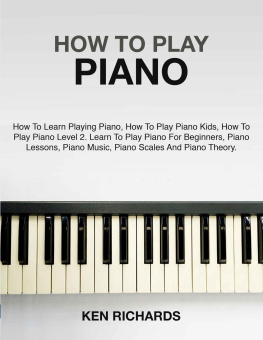
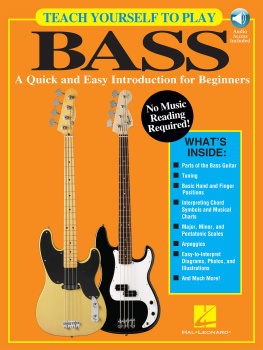
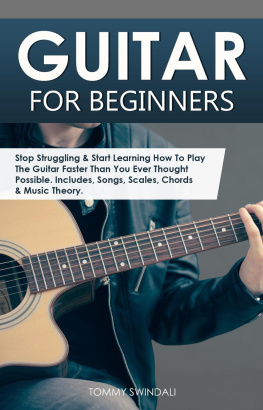
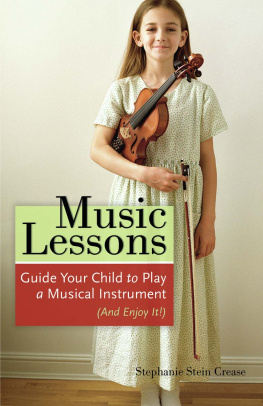
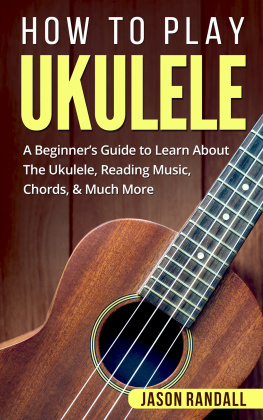
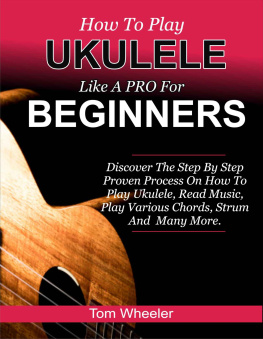
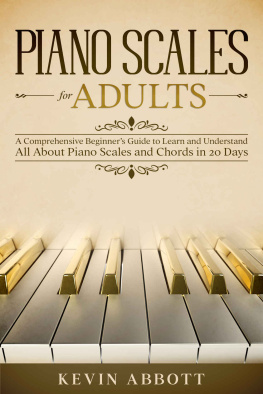
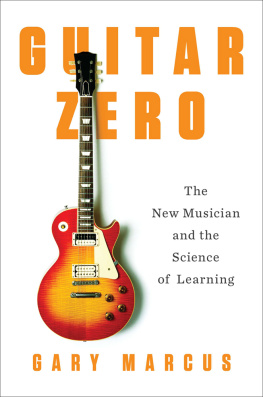
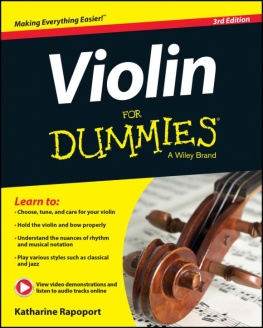
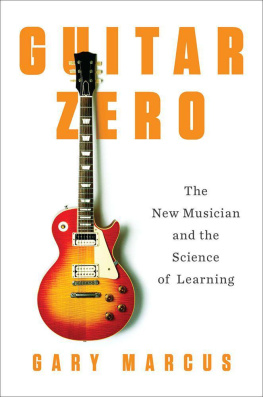

 Created with Vellum
Created with Vellum